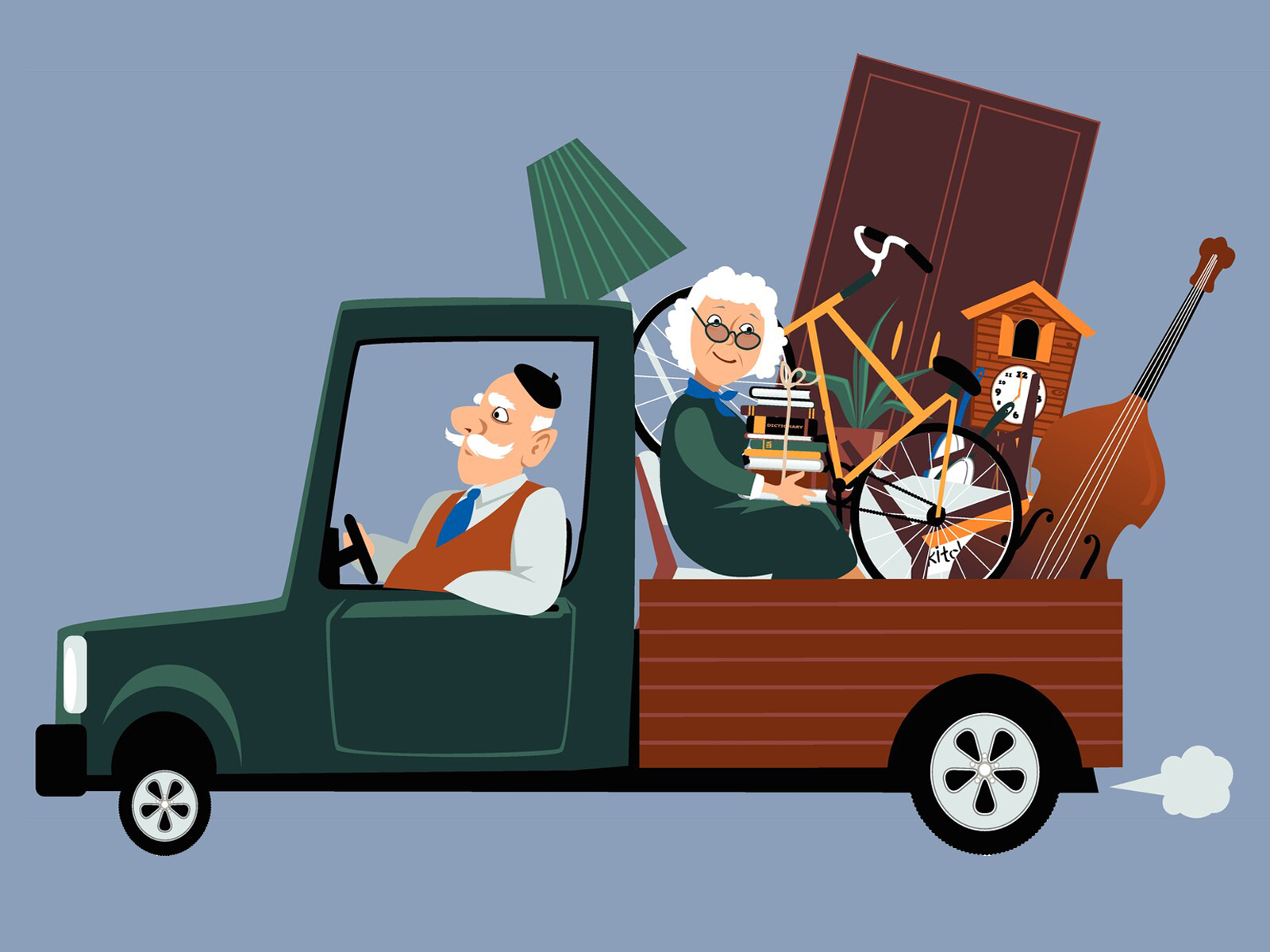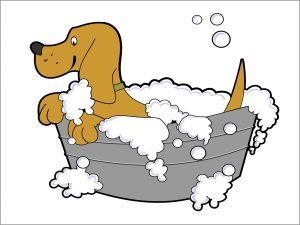When all signs point to a change in residence for your parents, your role as caregiver is pivotal in helping them make the right decisions and plans for the long term. Be sure that the decisions you make allow for their personal preferences and changing needs. Some questions to ask include those regarding affordability, availability, cost of maintenance, access to leisure/social activities and the details of any necessary agreements. For your elder’s comfort, also inquire about proximity of shopping, banking and churches, special programs and services. There are also some physical considerations, including accessibility, comfort in winter and quality of nearby medical facilities.
Selling the “Family Farm”: Urban or rural, the underlying premise for selling your parents’ home is still the same. If it can’t stay in the family, then try to make the process as painless as possible for all concerned. After all, when the home is sold, you’ll have your hands full with helping them to pack and move.
If your parents are anything like mine, you’ll find collections of Tupperware, children’s toys, craft and hobby paraphernalia and assorted memorabilia mixed in with antiques and family heirlooms. Your job is to decide what stays and what goes. Hopefully, this is done in concert with your parents’ wishes and those of other family members. Chances are, there’ll be some disagreements as to what goes where and who gets what.
When you have decided to buy or sell a home, the services of a qualified real estate professional are of utmost importance. The ideal sales agent will have a good working knowledge of local real estate market conditions, be prepared to deliver a high standard of service to customers, and have the support of a large real estate company. Most importantly, a good agent will save you time and money. Selected real estate agents specialize in eldercare services with special attention to accessibility and homecare.
Use this helpful checklist as a reminder of the things you need to do before you move.
• Book the movers: You can choose to have the movers pack everything, or just the breakables, or you can pack yourself. It’s a good idea to obtain estimates from several different companies.
• If they own: Arrange to have gas, water and electric meters read on the day you leave and have the bills forwarded to your address. Have your oil tank read and filled before your sale closes, and provide a receipt to your legal professional if required. If the water heater or furnace is rented, arrange for a transfer of the rental agreement to the purchaser. Disconnect your telephone, cable TV, and water softener.
• If they rent: Give necessary written notice to your landlord and decide for the return of any monies you have on deposit. Examine the lease as soon as possible. Knowing when it expires will allow you to establish a timetable.
Each province and territory has different rules on getting out of a lease in the event of the death of one of the residents. However, be warned that in most provinces the terms of the lease are binding (as in Ontario), even if the surviving spouse is unable to afford the rent. Ending the lease early is at the discretion of the landlord. Subletting is an option in most areas, although again, the rules on this vary by province.
• Change of Address cards from the post office and send them out well before moving day.
• Cancel Any Contracted Services and pre-authorized cheque.
• Inform all Home Services including insurance companies, gardening, dry cleaning, garbage pickup, newspapers, magazines, etc.
• Transfer trust or bank accounts and securities. Sometimes a simple address change and electronic banking does the trick. My mother still has her bank account in Coburg though the banking is done through a branch here in Toronto. It was a lot easier to do this than to close her account there, and notify all the organizations that paid pensions and so forth directly into this account. It’s worked extremely well.
• Inform others: social, athletic, civic, religious or business affiliations and memberships of the move and cancel anything or request refunds for any activities no longer required.
• Transfer of medical, dental, prescription and optical records if changes are required based on a new location or to meet procedures that are required by the new residence.
• Collect all items out for cleaning, repair or storage. e.g. fur coats, dry cleaning.
• Special arrangements for perishables, such are needed to be made for pets and plats.
• Dispose safely of all flammable liquids as it is illegal for movers to carry them.
| Sample Moving Checklist | ||||||
| Move Date: | ||||||
Who Is Helping: |
||||||
| Name: | Phone: | E-mail: | ||||
Expenses: |
||||||
| Item/Service: | Cost:
|
|||||
|
|
||||||
|
|
||||||
|
|
||||||
|
|
||||||
|
|
||||||
|
|
||||||
|
|
||||||
| What Needs To Be Done (Always A Good Idea To Follow Up After Completion) | ||||||
| Task | Who Is Doing It? | Date | Arranged | Completed | ||
Task list
Ideally someone else in the family can help with these things, other than the primary caregiver.
• Audit what can go, be moved, sold or donated to charity
• Review and purge personal papers, bill, photos, slides etc
• Clothing inventories help with clearing out things. Take what they need and donate unwanted items to Salvation Army or Goodwill.
– Check garden tools and items in the garage and sell or donate
– Do a basement cleanup
– Get packing boxes, wrap and markers for things that are going
– Create new address labels
– Notify the post office
Send change of address notes to:
– Insurance companies
– Pension providers
– Bank
– Credit Card companies
– Magazine and Newspapers
– Care providers
– Family doctors
– Utility companies (gas, electric, phone
– Find out any car related details (insurance, registration, location of all keys, etc.)













